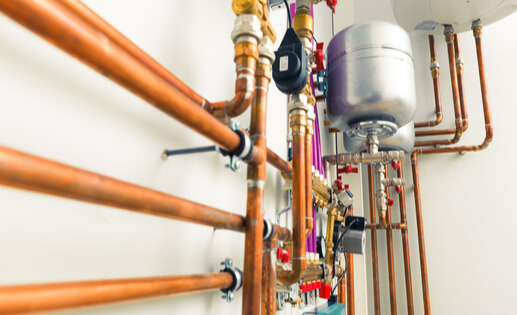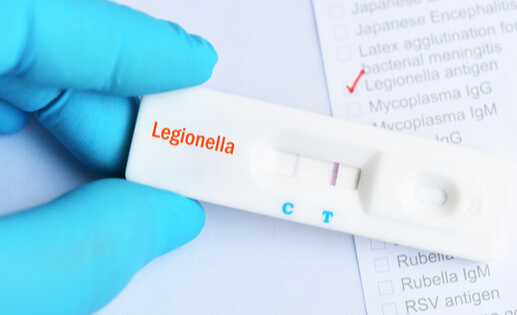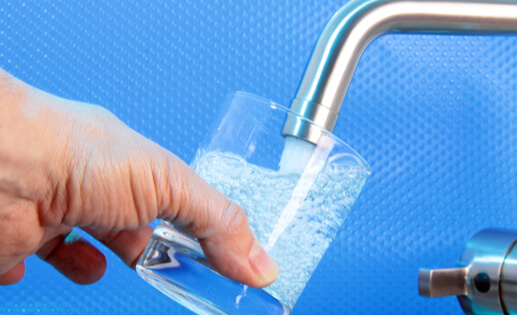Legionella Bacteria Management
Legionella bacteria are commonly found in domestic and commercial water systems. Given the right conditions, namely temperatures between 20°C and 45°C and stagnant water in unmanaged water systems, can cause potentially fatal Legionnaires’ disease.
It is therefore imperative that businesses carry out routine monitoring and maintenance of their hot and cold-water systems in order to comply with Health and Safety regulations to control the risks and safeguard staff, customers, contractors and visitors to their premises.
As part of an ongoing maintenance programme to ensure you are fully compliant with HSE regulations, our engineers will visit your site and carry out monthly checks of the distribution temperatures of your hot and cold-water systems. We will also monitor the systems and ensure that they are flushed out regularly and water storage tanks are cleaned or drained periodically as required to check for debris or signs of corrosion.









